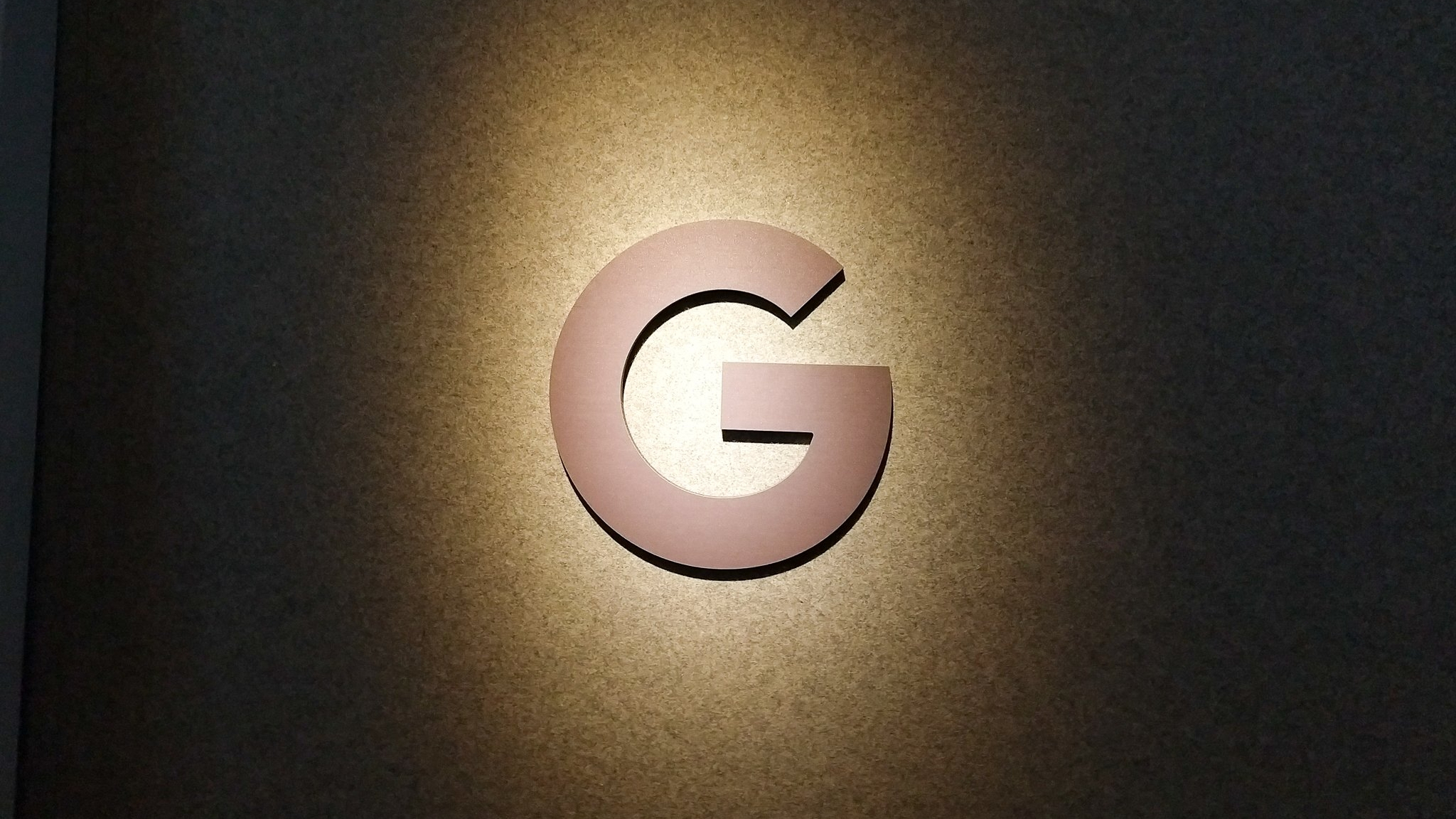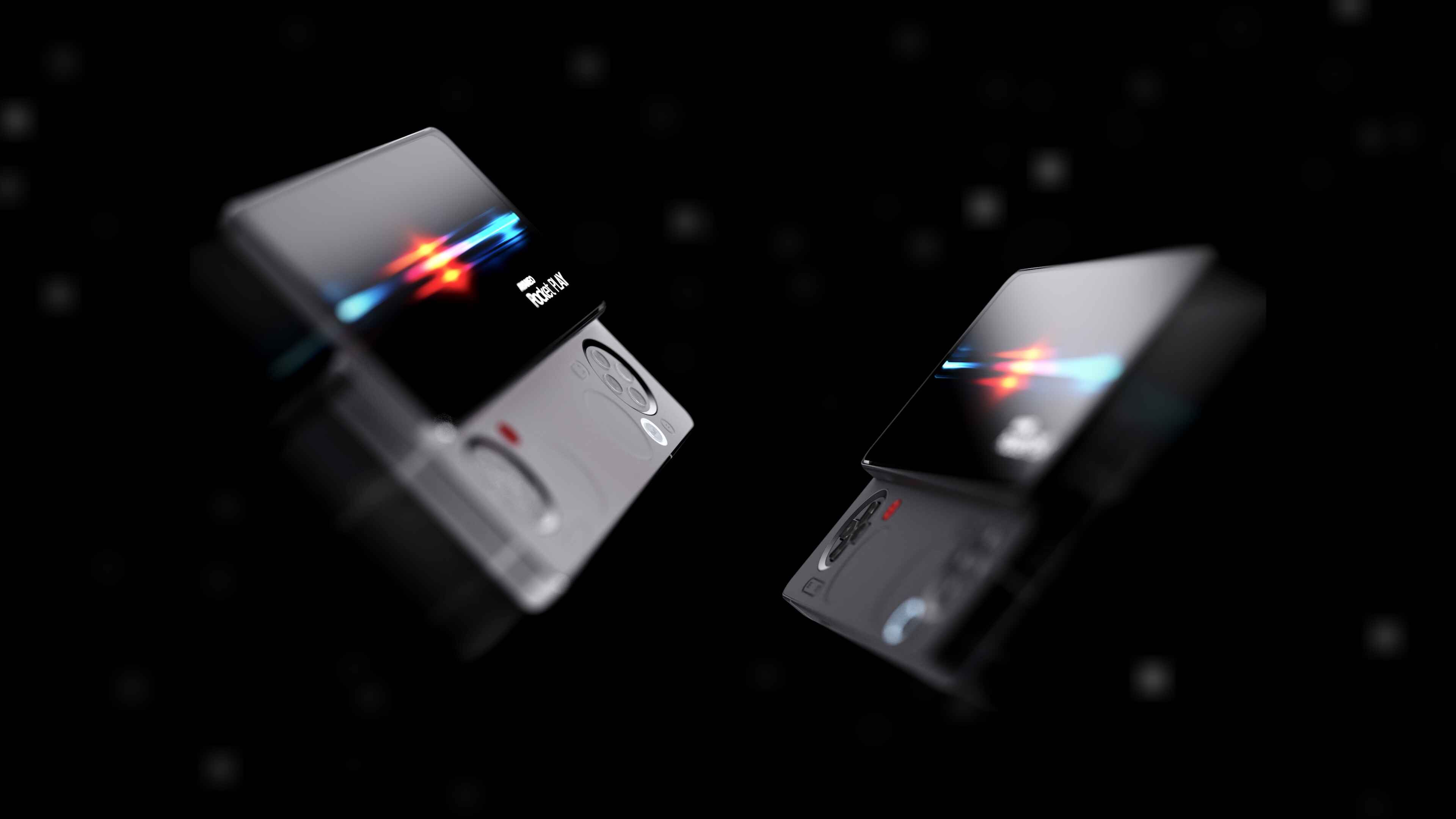Landmark ruling says Google maintains illegal search monopoly

What you need to know
- Google has been embroiled in a case over its power in online search and advertising.
- On Monday, a judge ruled that Google acted illegally to maintain its search monopoly by securing itself as a default on devices.
- Google has a separate trial over its advertising technology set for later this year.
A major blow was struck against Google on Monday after a judge ruled that the company illegally maintained a monopoly in search, reports The New York Times. The ruling comes years after the Justice Department and U.S. states sued Google over its search dominance back in 2020. The ruling could have far-reaching consequences for Alphabet and Big Tech.
Judge Amit P. Mehta made the ruling after closing arguments were made in May. He acknowledges in the ruling that Google has hired skilled employees and continues to innovate its product while making "shrewd business decisions" to maintain its market dominance.
However, the problem lies in how Google has positioned itself as the default search engine across various products. Judge Mehta has determined that Google has violated section 2 of the Sherman Act, which promotes competition and prohibits "monopolization, attempted monopolization, or conspiracy or combination to monopolize."
"For years, Google has secured default placements through distribution contracts," Judge Mehta states in the 289-page ruling obtained by The Verge. It explains how this is achieved through advertising revenue share, which it pays to companies in exchange for making Google Search the default on products like Safari.
"In exchange for revenue share, Google not only received placement at the key search access points, but its partners also agree not to preload any other general search engine on the device. Thus, most devices in the United States come preloaded exclusively with Google."
Because users generally stick to the default search engine on their devices, this is seen as extremely valuable real estate, forcing competitors to find other avenues to get consumers to use their search engines. To put into perspective, Google had nearly 95% of search market share on mobile phones by 2020, with Microsoft's Bing making up the rest.
The ruling goes on to note how Google has become synonymous with search, going largely unchallenged by the competition.
Get the latest news from Android Central, your trusted companion in the world of Android
Yet, there was some reprieve. While the court found Google held a monopoly in search and text advertising, it was also determined that Google does not hold monopoly power in general search advertising and that there is no market for search advertising. The court also declined to sanction Google for not preserving employee chat messages.
"This decision recognizes that Google offers the best search engine, but concludes that we shouldn't be allowed to make it easily available," says Kent Walker, Google's president of Global Affairs, in response to the ruling.
"We appreciate the Court's finding that Google is 'the industry's highest quality search engine, which has earned Google the trust of hundreds of millions of daily users,' that Google 'has long been the best search engine, particularly on mobile devices,' 'has continued to innovate in search' and that 'Apple and Mozilla occasionally assess Google's search quality relative to its rivals and find Google's to be superior.'
Given this, and that people are increasingly looking for information in more and more ways, we plan to appeal. As this process continues, we will remain focused on making products that people find helpful and easy to use."
However, Google's woes are just beginning. The company still faces a separate trial later this year over its advertising technology.

Derrek is the managing editor of Android Central, helping to guide the site's editorial content and direction to reach and resonate with readers, old and new, who are just as passionate about tech as we are. He's been obsessed with mobile technology since he was 12, when he discovered the Nokia N90, and his love of flip phones and new form factors continues to this day. As a fitness enthusiast, he has always been curious about the intersection of tech and fitness. When he's not working, he's probably working out.
You must confirm your public display name before commenting
Please logout and then login again, you will then be prompted to enter your display name.
